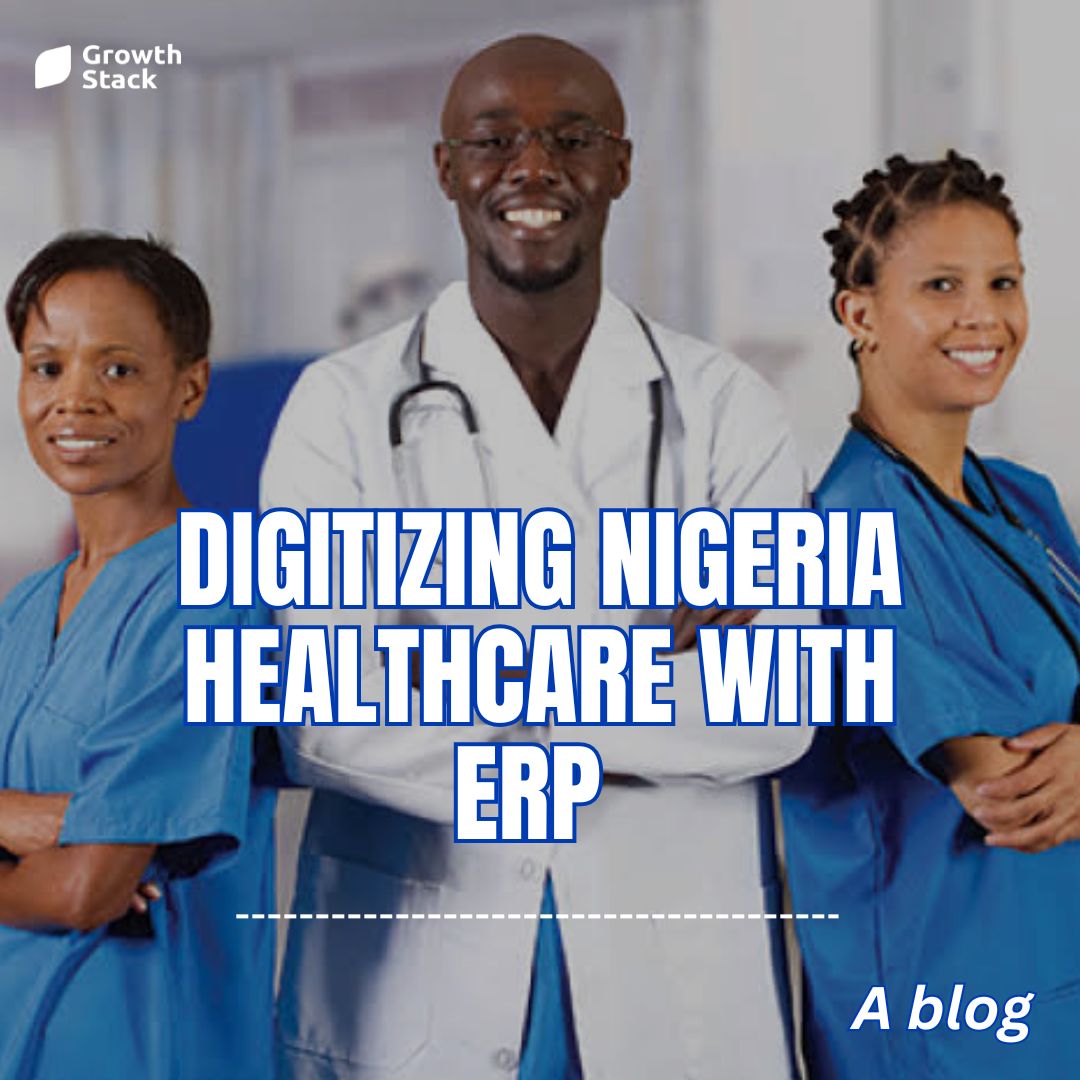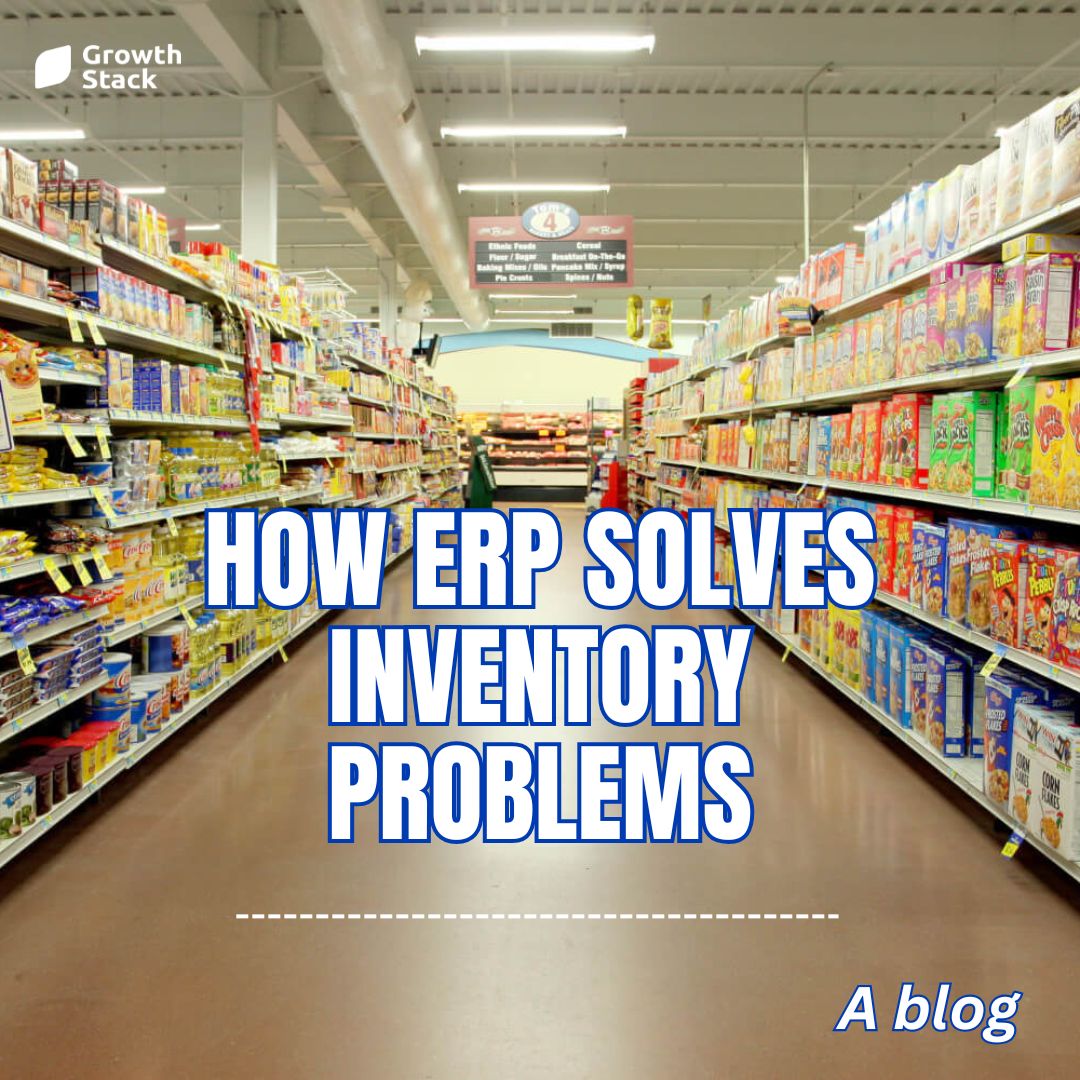Digitizing Nigerian healthcare with ERP is a game-changing move toward modernizing the country’s medical infrastructure. With increasing demands on hospitals and clinics, it’s critical to adopt digital solutions that simplify workflows and enhance patient care.
ERP (Enterprise Resource Planning) systems are becoming vital tools in the transformation of healthcare operations—especially in environments where outdated methods still dominate.
Understanding ERP’s Role in Healthcare Delivery
ERP systems are software platforms designed to manage and integrate a hospital’s key functions—ranging from finance and procurement to patient records and inventory control. For Nigerian healthcare providers, this translates into better coordination, fewer delays, and more informed decision-making.
By digitizing Nigerian healthcare with ERP, institutions can automate processes, reduce paperwork, and ensure real-time access to critical information.
Why ERP Matters for Nigerian Hospitals
Here are some compelling reasons Nigerian hospitals should consider adopting ERP systems:
-
Efficient Workflow Management: ERP centralizes hospital activities, allowing teams to operate seamlessly.
-
Reduced Administrative Burden: Automation helps free up time for healthcare workers to focus on patient care.
-
Accurate Medical Records: Electronic documentation reduces the risks of missing or duplicated information.
-
Data-Driven Insights: Real-time analytics support informed decisions for better service delivery.
Clearly, digitizing Nigerian healthcare with ERP is more than a trend—it’s a strategic investment in quality care.
Barriers to ERP Adoption in Nigeria
Despite the advantages, implementing ERP in Nigerian hospitals comes with certain obstacles:
-
Financial Constraints: The cost of software licenses, training, and infrastructure can be significant.
-
Lack of Digital Skills: Staff training is essential to ensure successful adoption.
-
Limited Internet and Power Supply: In some regions, unreliable connectivity can affect system performance.
Nevertheless, with strategic planning and government or private support, digitizing Nigerian healthcare with ERP can overcome these barriers.
Emerging ERP Solutions and Industry Progress
Several local and international companies are developing ERP solutions tailored to Africa’s healthcare needs. One such provider is Interswitch Health, offering integrated digital platforms that support hospital and insurance operations across Nigeria.
As technology access improves and digital literacy spreads, the potential for digitizing Nigerian healthcare with ERP continues to grow.
Conclusion: A Digital Path to Better Healthcare
Nigeria’s healthcare system stands to benefit immensely from digital transformation. Through the integration of ERP solutions, hospitals can deliver more effective services, reduce operational costs, and build a foundation for sustainable growth.
Digitizing Nigerian healthcare with ERP is not just an upgrade—it’s a vital leap toward a healthier, more efficient future.
Want to transform your business? Book a free ERP consultation, here












